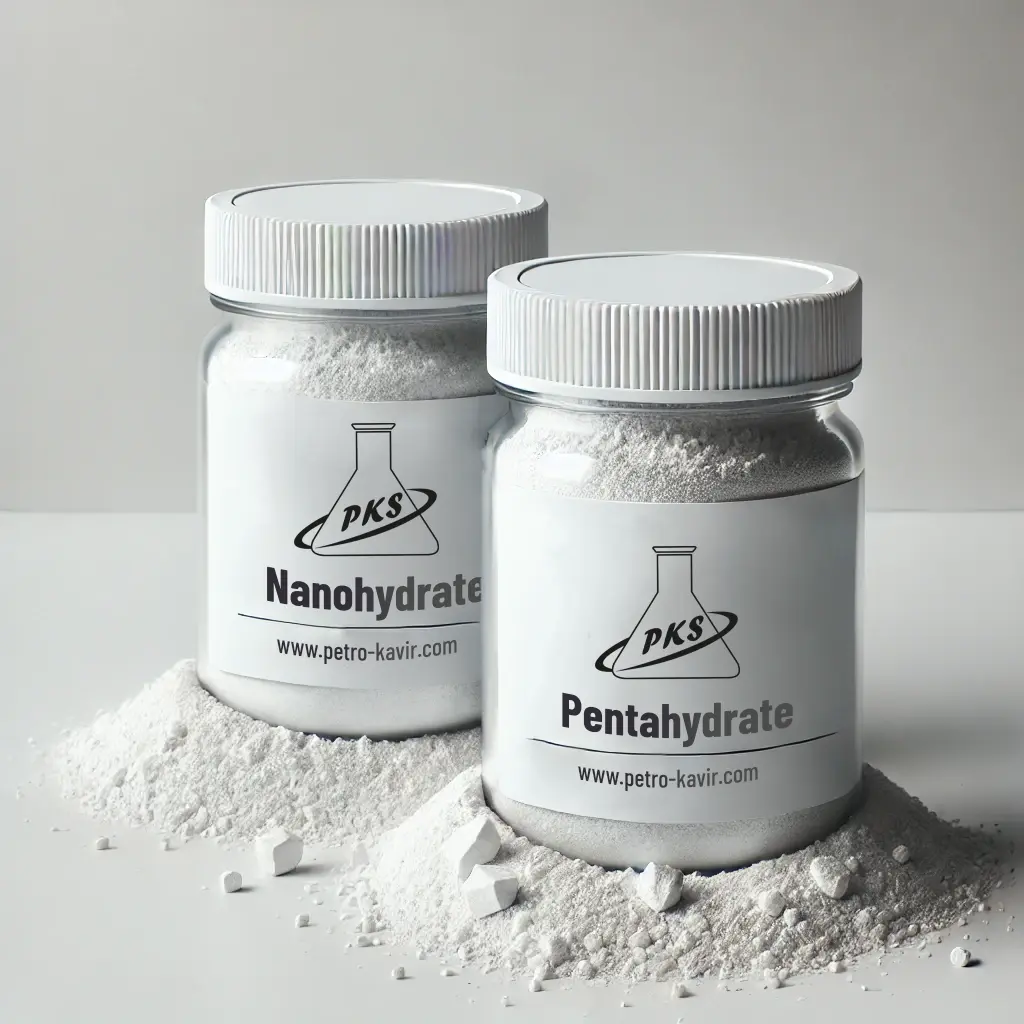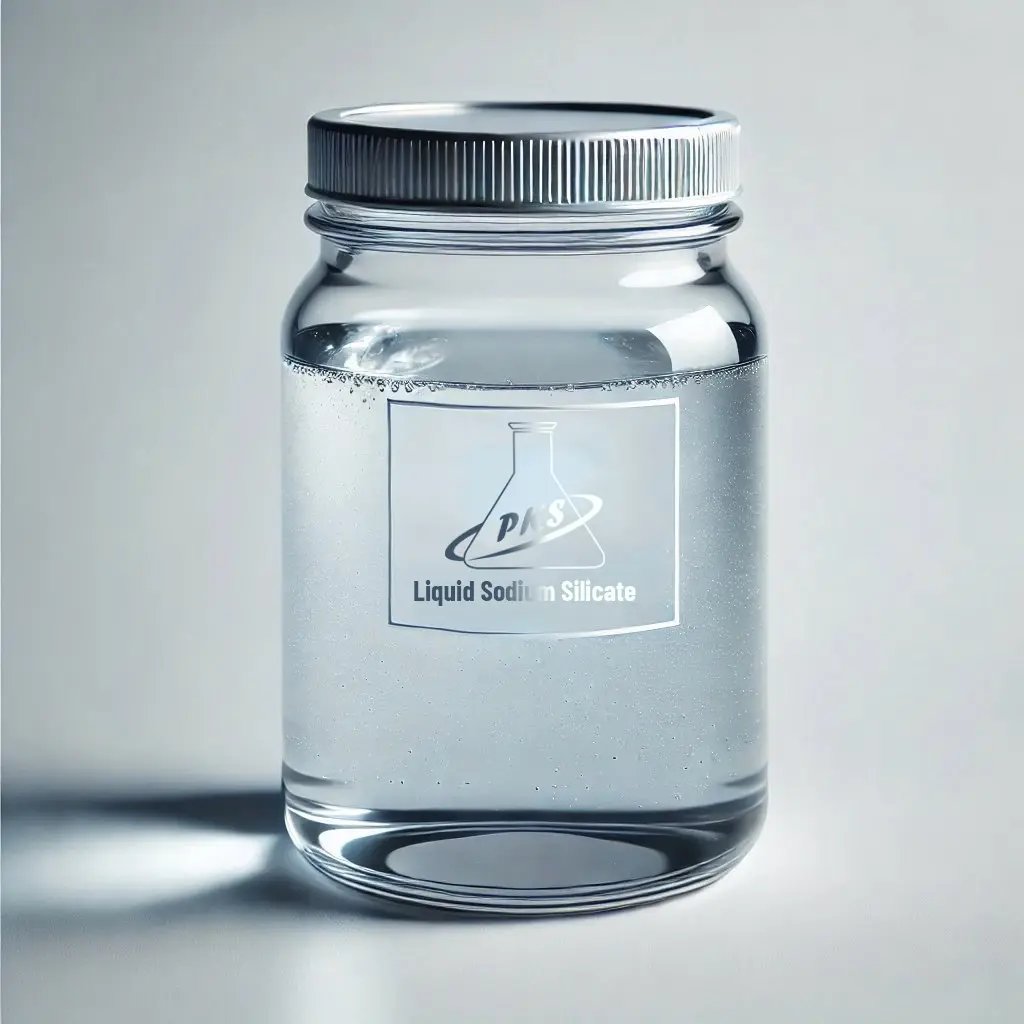
Sodium Metasilicate Pentahydrate and Nonahydrate Sodium Metasilicate Pentahydrate and Nonahydrate Sodium metasilicate is an important chemical compound with applications across...

Liquid sodium silicate Introduction Liquid sodium silicate, also known as water glass, is a widely used chemical compound in various...
Sodium silicate, commonly known as liquid glass, is a versatile chemical compound widely used across various industries. It is typically produced in either powdered form or as an aqueous solution. Thanks to its unique properties—such as excellent adhesion, heat resistance, and corrosion protection—it plays a key role in fields like detergents, adhesives, paints, and refractory products.
Sodium silicate is an inorganic compound composed of sodium (Na) and silicon dioxide (SiO₂), with the general chemical formula Na₂SiO₃. Its ability to form a protective layer and its high alkalinity make it particularly valuable in numerous industrial applications.
Sodium silicate is a fundamental ingredient in both industrial and household detergents. Its strong alkaline nature enables it to effectively remove grease and stains, enhancing the overall cleaning performance.
Used as an adhesive in the production of paperboard and corrugated cartons, sodium silicate increases the structural strength and moisture resistance of packaging materials—making it highly valuable in industrial packaging solutions.
In construction, sodium silicate serves as a concrete additive that improves water resistance and thermal durability. It is especially beneficial in infrastructure projects that demand long-lasting, high-performance concrete.
Sodium silicate acts as a dispersing agent and binder during the molding and firing stages of ceramic and tile production. It helps ensure uniformity, stability, and improved mechanical strength in the final products.
In metal casting, sodium silicate is used as a refractory binder in mold and core production. Its thermal resistance and binding properties contribute to more accurate, higher-quality castings.
Sodium silicate offers excellent resistance to heat, pressure, and chemical corrosion, making it ideal for demanding industrial environments.
Unlike many synthetic chemicals, sodium silicate is low in toxicity and is considered eco-friendly. It is derived from abundant natural minerals like silica and soda ash, and it is also recyclable.
Thanks to its relatively low production cost and widely available raw materials, sodium silicate is more economical compared to many alternative industrial compounds.
Sodium silicate stands out as a multifunctional, sustainable, and cost-effective material that plays a vital role in numerous industrial sectors—from detergent manufacturing and ceramics to construction and metal casting. Its durability, affordability, and environmentally friendly nature make it an ideal choice for companies seeking reliable and efficient chemical solutions. As industries continue to prioritize performance and sustainability, the use of sodium silicate is expected to grow even further in the coming years.